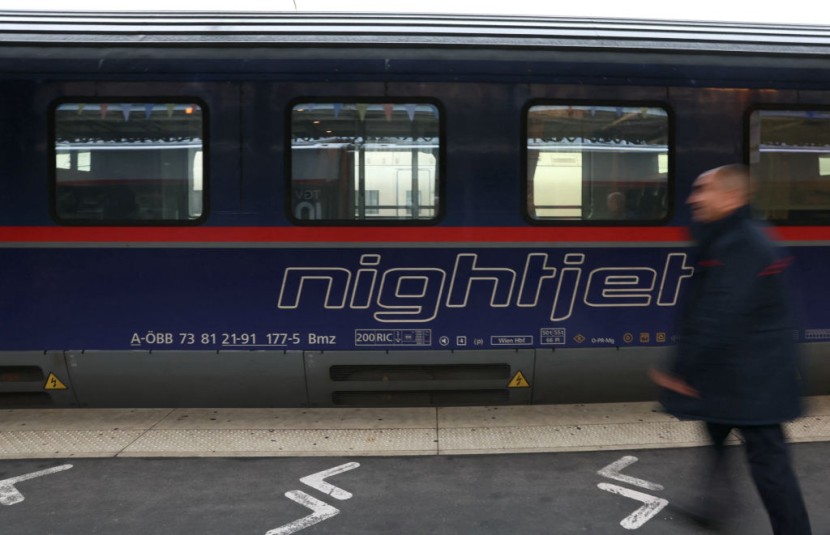The first night train from Berlin to Paris completed its first-ever voyage, leaving the German capital on Monday night and arriving at the French capital by Tuesday morning (December 11-12), hailing it as a milestone moment in the renaissance of cleaner alternatives to air travel across Europe.
German and French public broadcasters - DW and France 24, respectively - reported that aboard the train was French transport minister Clément Beaune, who exchanged an embrace with his German counterpart, Volker Wissing, before departure.
"It's a good start," Beaune recalled of the trip upon his arrival in Paris. "It's a symbol we need at the moment because we need positive projects, environmental and European projects."
The service would pass by the German cities of Halle, Erfurt, and Frankfurt before crossing the French border and pass by Strasbourg before ending in Paris's Gare de l'Est station.

Return of the Sleeper Trains
The sleeper service between the German and French capitals has been called for by travelers, local politicians, and environmentalists for years since its last trip almost a decade ago.
Its return was sparked by a renewed interest in slow night travel and cleaner and cheaper travel alternatives to air travel after night trains were replaced by budget airlines and high-speed trains at the beginning of the 21st century.
Aside from Germany and France, whose national train operators - Deutsche Bahn and SNCF - would handle the service in both directions, Austrian train company ÖBB contributed to the project by providing its "Nightjet" rolling stock, expanding its operations beyond central Europe.
Arrivée en gare de #Strasbourg du train #paris #Berlin le #NightJet ce mardi 6h12 avec le ministre des #Transports #ClémentBeaune à bord attendu par des députés Alsaciens et des élus locaux #20minutes pic.twitter.com/Hbn8sbKPlx
— 20 Minutes Strasbourg (@20minutesstras) December 12, 2023
The train was cheered along its route, The Guardian reported. Before dawn, local politicians and residents of Strasbourg lined the city's station platform while waving French, German, and European flags.
In 2020, French President Emmanuel Macron said he aimed to open 10 new sleeper services by 2030, with the first operational one - the sleeper train from Paris to Aurillac - steamrolling the night before the Berlin-Paris service (Sunday, December 10).
The Paris-Aurillac service last operated in 2003.
The French government has invested €100 million ($108 million) to revive the national network and prepare new carriages for service. Meanwhile, Deutsche Bahn aimed to expand its night train connections to 13 other large European cities in partnership with other operators.
Related Article : Germany's Scholz Begins Hanukkah with Calls for Solidarity with Jews
© 2026 HNGN, All rights reserved. Do not reproduce without permission.








